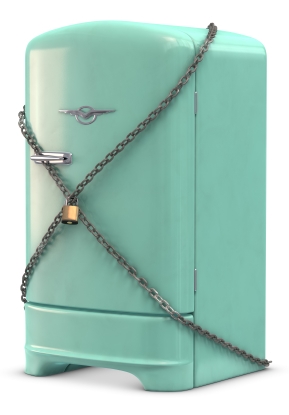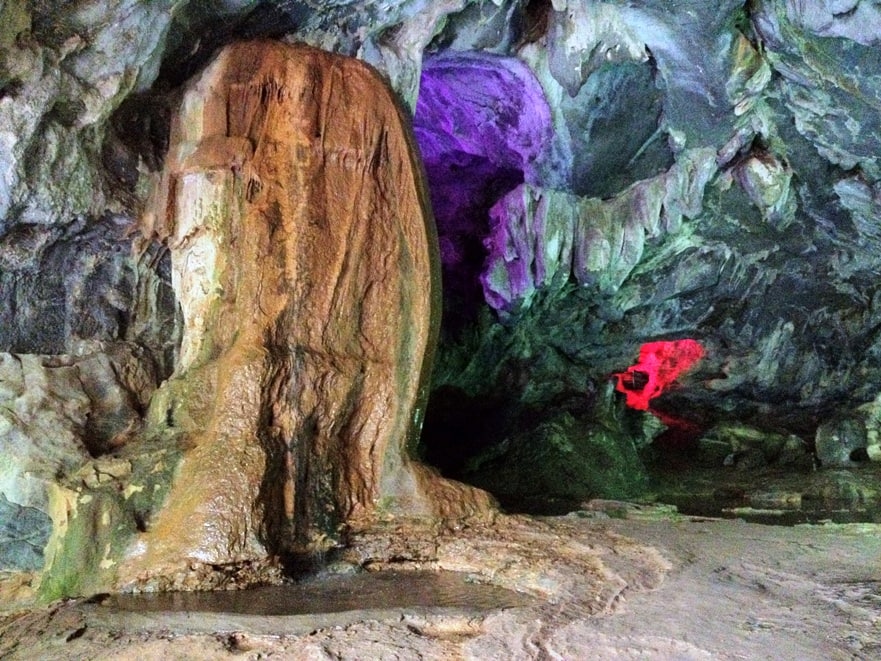 There are 3 essential types of Bi Gu.
There are 3 essential types of Bi Gu.
- Bi Shen Gu (辟神谷): If one fasts and is sustained with Qi but is not successful in retrieving one’s Shen, then it is not considered a proper retreat. Thus the key objective of this type of retreat is to cause the Shen to return to one’s body at will (收神, 神归己). One of the most accomplished practitioners of this type of retreat is Master Zhang San Feng (张三丰). The Shen is divided into Shi Shen (识神) which is loosely translated as post natal Shen, and Yuan Shen (元神) which refers to pre-natal Shen. More precisely, we want to still or seal off the Shi Shen so that the Yuan Shen is brought out. This is referenced in the Dao De Jing (道德经) as sealing the Gu Shen (谷神), the Gu Shen that “does not die” (谷神不死) . When one speaks of the coming out of the Yang Shen (阳神出壳), it implies that the Shi Shen is completely sealed off and the practitioner is able to inter-change and transform the 3 different energies at will. This is the highest level of attainment in Bi Gu.
- Qi Gu (辟气谷): If one fasts but is not able to be sustained by Qi, then this is not considered a proper retreat. This Qi is mentioned in the Dao De Jing (道德经) and Master Zhang Zi Yang (张紫阳) is perhaps the best in this type of Qi practice. Sealing off the external Qi means to shut off the Cosmic Energy from the body and sealing off the internal Qi is to turn the body into a receptacle for Cosmic Energy. The next stage is to become independent of the Cosmic Qi and internal Qi. At this stage, you will develop certain abilities to perform real work. In reality, the three types of Qi – the external Qi, the internal body Qi and the Qi that is projected outside from within the body – are continuously being inter-changed and transformed during one’s spiritual development. Each type of Qi is represented by a different Chinese character although they have the same Chinese pronunciation.
- Bi Jing Gu (辟精谷): This is also referenced in the Dao De Jing (道德经). Master Lv Zhu (吕祖) said that not consuming food in itself is not considered Bi Gu. There is internal Jing and external Jing. External Jing refers to external food that is introduced into the body, e.g., grains, food. And these foods can be categorized according to the 5 elements (5 tastes) that will ultimately nourish the corresponding internal organs. From this insight, we will be able to nourish our Qi (for purposes of Jing Qi, Shen Qi or physical stamina). Internal Jing is further divided into 5 types, so the practitioner is well positioned if he is sensitive enough to know which meridian to work on, which meridian to seal off and which meridian to open up.
Actually, these 3 types of Bi Gu are inseparable. If you do not consume any food, then your Shen needs to rule and be in charge. Our Shen regulates the function of our internal organs and the movements of the meridians so that the internal organs produce more internal Qi. If we have sufficient internal Qi, then we will be able to overcome feelings of hunger and greatly reduce the possibility of any potential problem. Therefore it is important for one to be aware of these things and to consciously conserve the internal Qi the day before the Bi Gu starts. The following day, this internal Qi can be released and inter-mingled with the cosmic energy before being retrieved back into the body. In the beginning this is accomplished by the Shi Shen since the Yuan Shen is not yet at our beck and call. So we need to initiate with the Shi Shen to activate and lead the Yuan Shen.
The character Gu (谷) in Bi Gu originates from the Dao De Jing (道德经). Gu Shen (谷神) does not refer to the commonly known definition of a mountain valley. Here it means no sound or complete silence. The Dao De Jing (道德经) also describes a particular scenario where, “within the mountain valley, the Qi is full so any sound can travel very far”. There is movement in everything, even in states of extreme quietness and stillness. Even at the deepest places we can still perceive sounds. Master Lv Zu (吕祖) says that even falling leaves emit a sound and an accomplished practitioner will be able to perceive these subtle sounds. The symbolism of the character Gu (谷) is that the practitioner attains a state of extreme stillness and becomes capable of doing certain things. So we have to Bi (辟), used as a verb here.

Comments
6 responses to “Taoist Retreat (闭关) and Bi Gu (辟谷)”
dear person,
i will be in china from april 21st onwards and would like to study with Taoist Master Wang Liping. Would you kindly send me information on how I may be able to do this. I see he is having a retreat end of December 2013, but would like to know if I could study with him this spring. Please get back to me as soon as you are able to with a schedule of his upcoming events and the possibilty of me meeting with him in China this spring as well. Thank you very much, arya azadi
[…] Text tradus din cartea albastra (Jinhua 2012) de B K Wee, si in limba romana de Viorica Mocanu sursa http://longmen.eu/2012/12/taoist-retreat-bi-gu/ […]
Dear Folks,
Would it be possible to have a healing session with Master Wing?
How would I go about it?
Hi, master Wang is not performing healing activities. I mean not like a doctor but some healing happens during the practice at the seminar time, still one needs to be in quite good shape to be able to participate. Therefore the basic answer to your question is no, it is not possible.
Thanks Richard,
Currently i am reading Thomas Cleary’s book. I took up chikung subsequent to an accident several years ago and it has been very beneficial.
I have progressed to Taichi also. However my overall level of fitness isnt that great.
Cleary’s book impresses me a lot. Do you think Master Wing’s regime is do-able for a man in his 50s?
Best Regards
SD
Actually I will be 49 this year so… Master himself is closing to 70 and he still practices. There is always room for better provided that you are willing enough. Of course what you read in the book is not applicable at our age (no rope over legs) master is tuning the practice to fit us all the time.